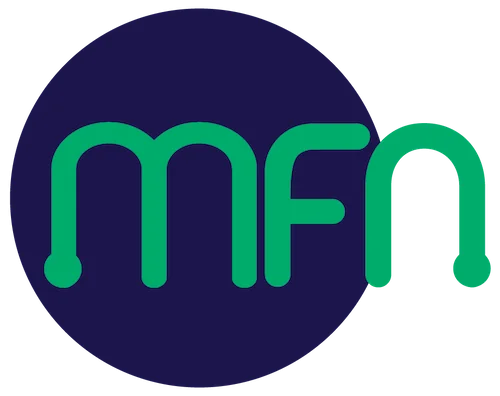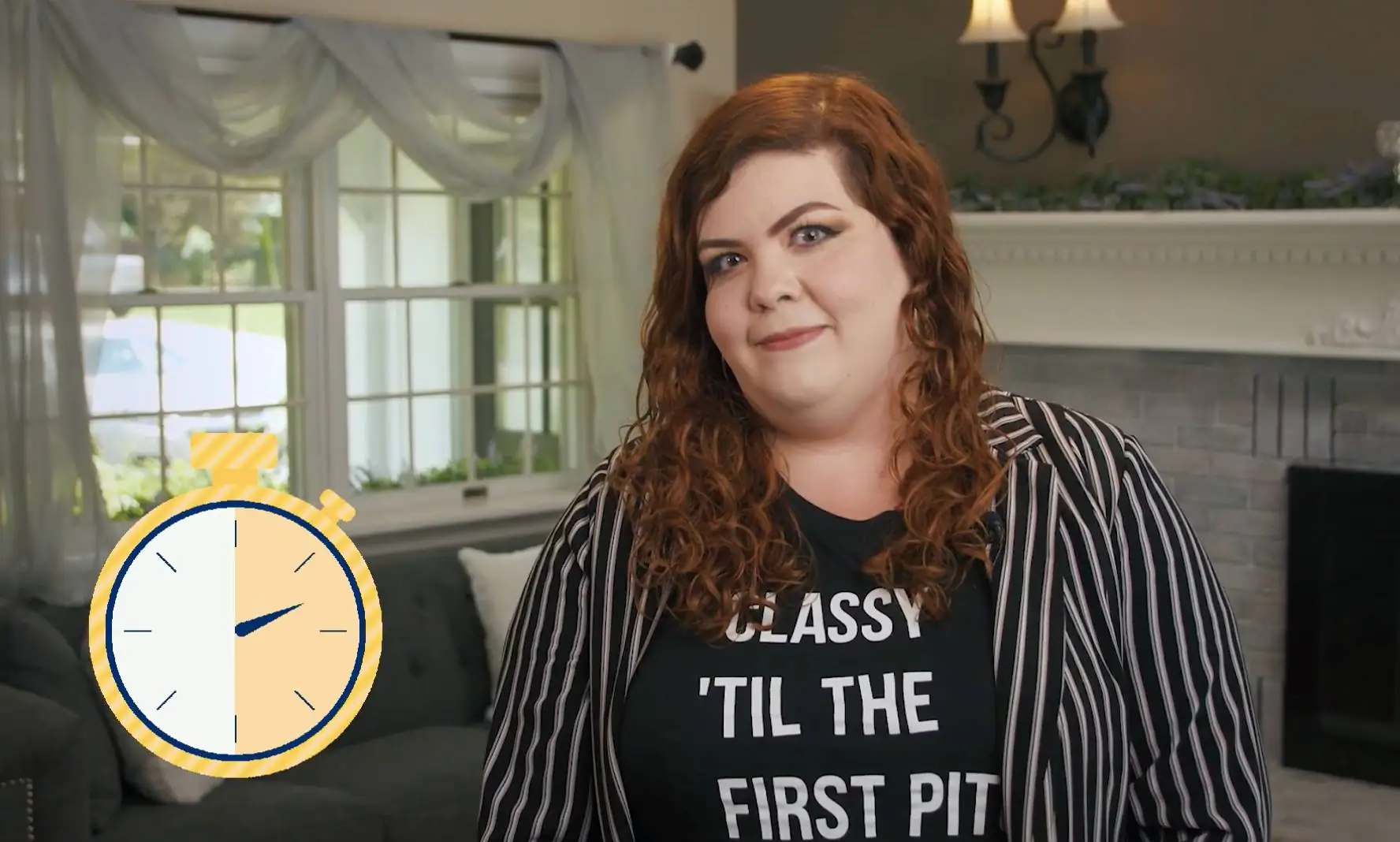Alex Kennedy is the co-founder and CEO of Purposely.ai, a software platform to help advertisers better understand and optimize their ads. He has 11+ years of experience in digital advertising, spanning both the private and public sectors. Before Purposely, he founded and grew a services business to meaningful revenue which he used as a foundation for the software business he is building today. —Nate Nurmi

What specific problem does Purposely.ai solve, and how does your technology address it?
Every year, $200B is spent on digital ads in the US alone, and 50% is wasted (source here– search for “Wanamaker”). Purposely.ai is B2B SaaS that helps advertisers reclaim that waste by automating the analysis and production of ad creatives using computer vision, natural language processing, and generative AI.
How would you describe your competitive advantage in both the AI and marketing technology market, and what sets your company apart from similar startups? It’s an extremely crowded space.
We differentiate in a few ways. First we are focused on selling into agencies, nonprofits and the public sector. And while we definitely do sell to direct-to-consumer brands, they are less of a priority at this stage because of the saturation.
Additionally, by working primarily with agencies that use us across dozens of clients, we have much more robust data sets, leading to more intelligent LLMs (large language models) and image/video models. This is helping us build our data moat.
Our team also has a strong network in the public sector which has provided us with several early paying customers in a niche market. A great foundation for building a unique and differentiated customer base.
Finally, our product integrates across platforms and into existing workflows, which not all of our competitors do.
Tell me about what you’ve achieved so far and your plans for allocating this round of capital?
Our beta product is in market and we have five active paying customers. This includes a brand that raised $100M and won innovation awards from FastCompany, TIME, and AdAge.
We’ve also raised $300k from four investors and are planning to allocate this capital to get to a true Version 1 of the product that includes automated AI insights, and a light generative AI integration. So primarily product development– I’ll continue handling all new sales and marketing for now. It also extends our runway until we raise a pre-seed round at the end of this year.
What have been the biggest challenges you’ve faced so far in raising funds, and how have you overcome or plan to overcome them?
Even though I previously grew a services business to meaningful revenue, my biggest challenge has been getting enough conviction from VCs as a first-time venture founder. Other challenges have included locking in a core team. However, we are now solidly on track with 3 developers and a senior designer on board, and our tech lead slated to convert to full-time co-founder/CTO in coming months.
Lastly, we’ve had a lot of good investor conversations, but haven’t gotten enough reps with the right-fit investors (in terms of stage, focus, etc). Though, having spoken to 70+ investors, I now have a much better idea of how to find the right fit and be more selective.
The main way we plan to overcome these challenges is by pointing to our recent traction. In July alone, we saw 10X revenue growth and went from $800 monthly recurring revenue (MRR) to almost $9k+ MRR. We are starting to hit our stride with sales and specifically closing pipeline, thanks in large part to a super impactful B2B SaaS sales consultant (named Nate Nurmi).
Can you share any specific lessons or insights you’ve gained from previous fundraising experiences that have shaped your approach to this seed round?
One big lesson is the massive value in having an “anchor” investor, which is not something I appreciated before and learned the hard way. Having a respected investor on board first—one that can help bring in other investors—makes this arduous process at least ten times easier.
Obviously, it takes time to find anchors. But now that I understand the importance, have a few anchor angels from our most recent round, and am developing relationships with VCs, I won’t fully launch our pre-seed/first VC round until we have those anchors in place.
How do you plan to communicate the value proposition of AI being a central component to your company’s success and to potential investors who may not have a deep understanding of AI or the MarTech industry?
AI is central to Purposely.ai’s product and company identity. There’s something I’m proud of about our founding. In early 2022 when we started, so many startups/investors were dabbling in web3/crypto/blockchain, but we were not. We were heads down on integrating computer vision and NLP AI into our beta product, before AI got super hyped in the fall of ‘22.
Other than being relatively early to the AI-game, another easy way to understand our AI value prop is that we are automating away the repetitive and painstaking tasks in the digital ad creation process. Our intention is not to replace human jobs and wholesale automate creative work, but rather augment and empower people by opening up more time for creative and strategic work.
What strategies have you employed to build relationships with investors and secure commitments during your fundraising journey?
Getting warm intros is probably the most important strategy for setting yourself up for fundraising success. First impressions are SO important, and a warm intro from a respected connector is a massive positive signal. This is not an easy thing to do at scale, but there are tried and true tactics and processes that I’m happy to share in more detail with founders. For example, using tools like YAMM can really help supercharge outreach in a personalized way.
Another key strategy is to work to consolidate all investor meetings into a short 2-3 week sprint (“calendar density” in the words of Jason Yeh), to build momentum, positive back-channeling, and urgency.
Any parting words of advice to any entrepreneurs reading this that may be preparing to launch a fundraising round?
Preparation is the most important part– at least 80% of the work. It’s the classic 80-20 rule or “tip of the iceberg” metaphor: the actual fundraise is what’s above water, the prep is everything below water. I can’t emphasize enough the importance of being diligent with preparation. Have a super polished deck/story/talk track, use DocSend to see how long investors spend on your deck, follow up numerous times with investor connectors, set up a dinner or happy hour before your fundraise to build momentum, have recent and relevant thought leadership on the Internet, etc. Startup fundraising is one of the hardest things to do, period. Buckle up and get comfortable with failure (which is temporary).



